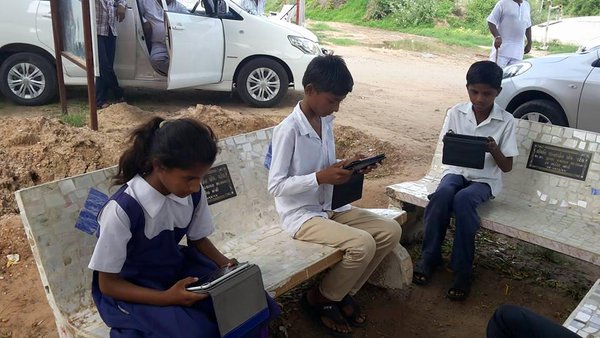India’s latest budget envisages a modern, tech-driven society in a 10-point nation-building agenda. The programme also recognises the rise of a startup ecosystem generating millions of jobs over the next decade. In his 2019 Budget speech, Finance Minister Piyush Goyal said: “Our vision is to create a Digital India reaching every sector of the economy, every corner of the country and impacting the life of all Indians.”
The digital infrastructure and digital economy of year 2030 will be built upon the successes achieved in recent years in digitisation of government processes and private transactions, Goyal said. “Our youth will lead us in this endeavour with innumerable startups creating digital India, and millions of jobs in this ecosystem.”
“India could learn from the Israel experience, where the government is heavily involved in early funding of promising startups,” Dipanjan Basu, Partner and CFO at Fireside Ventures, told Forbes India prior to the budget.
The growth of India’s startups has been catalysed in part by the country’s smartphone revolution. India now remains the only major economy to see continued smartphone growth as it leapfrogs into the era of mobile internet. The rapidly urbanising country, with its youth-heavy demographics and falling cost of data, is betting on the digital economy to generate the tens of millions of jobs needed over the coming years.
Some of these jobs will also be generated closer to the villages and smaller towns. India is now among the leaders in the world in the consumption of mobile data. Monthly consumption of mobile data increased by over 50 times in the last five years. The cost of data and voice calls in India is now possibly the lowest in the world, Goyal said.
Under the Make in India initiative, mobile and parts manufacturing companies have increased from two to more than 268, providing massive job opportunities. More than 300,000 Common Service Centres (CSCs) employing about 1.2 million people are digitally delivering several services to citizens, claimed Goyal.
CSCs are expanding their services and also creating digital infrastructure in the villages, including connectivity, to convert the villages into ‘Digital Villages’. There will be 100,000 such digital villages in India over the next five years, the minister said.
At the other end of the hi-tech spectrum, India’s space programme will help it provide services to countries around the globe, he said. The government’s vision is to place an astronaut in space by 2022 and to become the “launch pad of satellites for the world”.
Finally, spanning multiple sectors, India will invest in building artificial intelligence (AI)-based solutions relevant to solving the country’s biggest problems. Goyal followed up on the plans proposed last year to build centres of excellence in AI research to announce a National Centre for AI and a new portal on AI to be developed soon.
“The portal will significantly boost research and development in the field of AI,” said Atul Rai, CEO and co-founder of Staqu, a Gurugram-based AI startup.
India is also on its way to becoming a global automobile manufacturing hub and will see the rise of electric vehicles and renewable energy over the next decade, Goyal said.
Source: Forbes
Image Courtesy:NewsMobile
You may also like
-
Dot Simplifies Approval Processes For Telecom Licenses And Wireless Equipment
-
PM to Inaugurate SEMICON India 2024 on 11th September
-
Shri Piyush Goyal Sets 500 Million Tonnes Domestic Steel Production Target by 2034
-
NHAI to Track Around 100 Toll Plazas with GIS-Based Software for Seamless Movement of Traffic at National Highways
-
“Marching Towards Building A Digitally Connected Bharat and An Atmanirbhar Telecom Sector”: Union Minister Jyotiraditya Scindia
